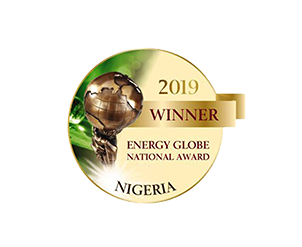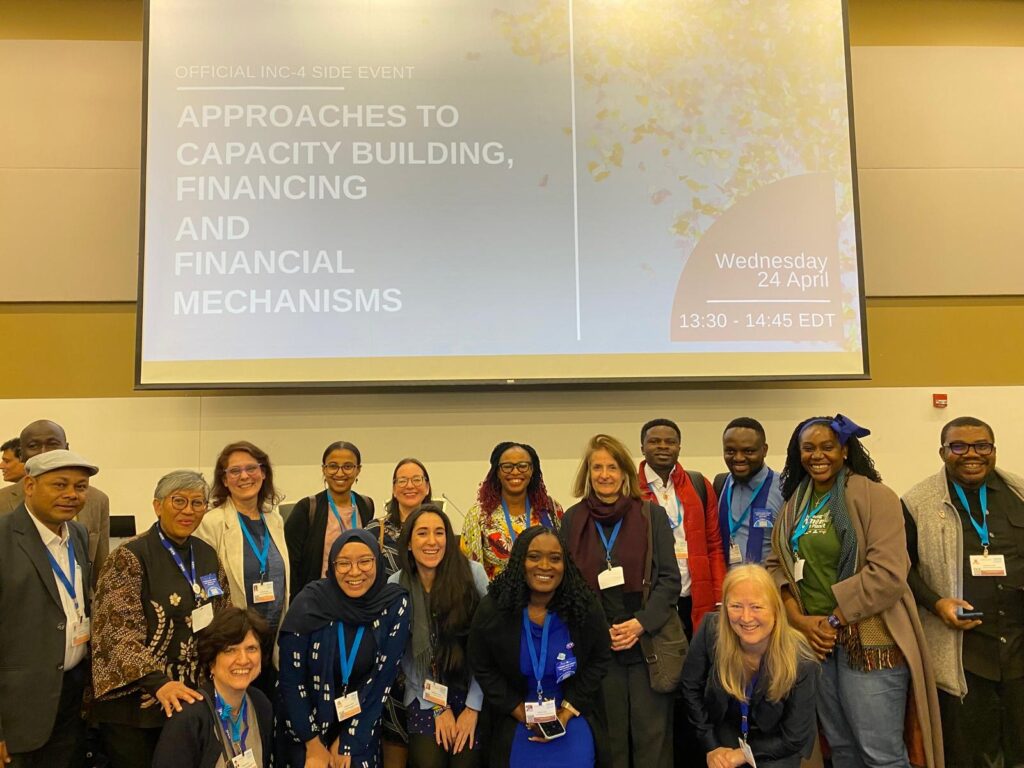
Women Environmental Programme Advocates for Gender-Inclusive Solutions at INC-4
From April 23rd to 29th, 2024, the 4th Session of The fourth session of the Intergovernmental Negotiating Committee to develop an international legally binding instrument on plastic pollution, including in the marine environment (INC-4), convened in Ottawa, Canada. Amidst the global urgency to address plastic pollution, Women Environmental Programme (WEP) participated in this critical event, advocating for gender-inclusive solutions and highlighting the disproportionate impact of plastic pollution on women and vulnerable groups.
INC-4 marked a significant juncture in the quest to combat plastic pollution, as delegations from around the world gathered to negotiate the terms of an international legally binding instrument (ILBI) aimed at mitigating plastic pollution, particularly in marine environments. Throughout the seven-day session, discussions were organized into five subgroups, focusing on key aspects outlined in the Revised Draft Text generated during previous deliberations at INC-3.
With a lunch for women delegates to have informal engagement, WEP, through Women’s Major Group (WMG) representation, actively engaged in advocating for the inclusion of women and vulnerable groups emphazing the disproportionate impact of plastic pollution on women’s health and it’s implications for the future generation and underscoring the necessity of gender-sensitive policies and interventions within the proposed ILBI framework.
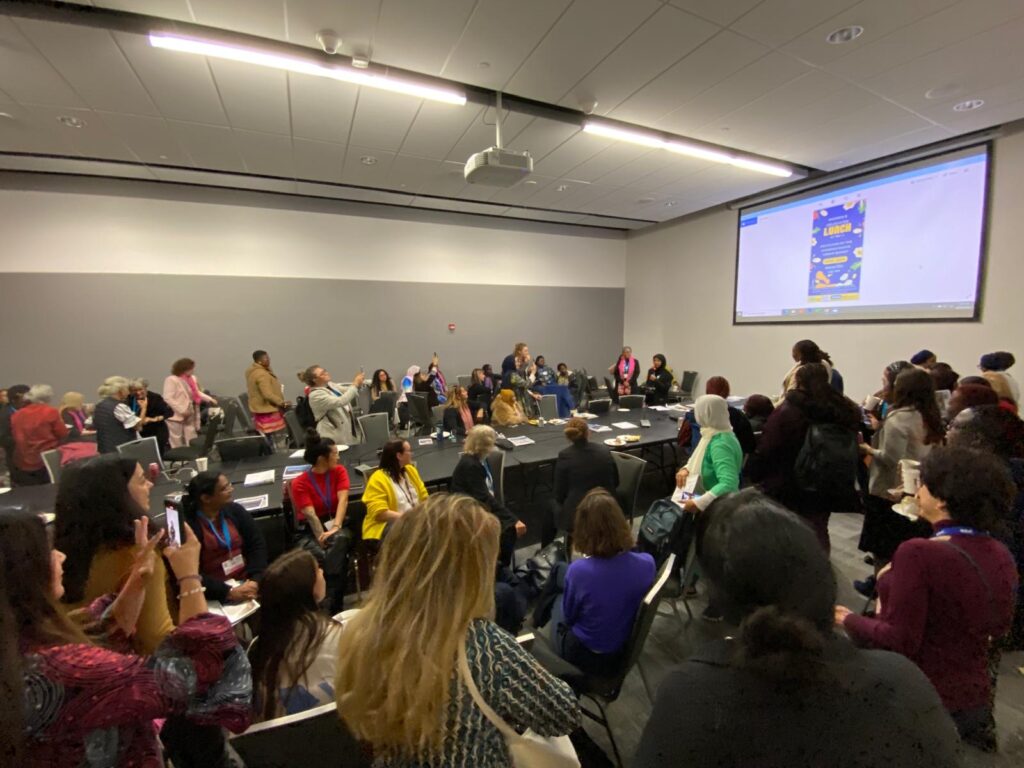
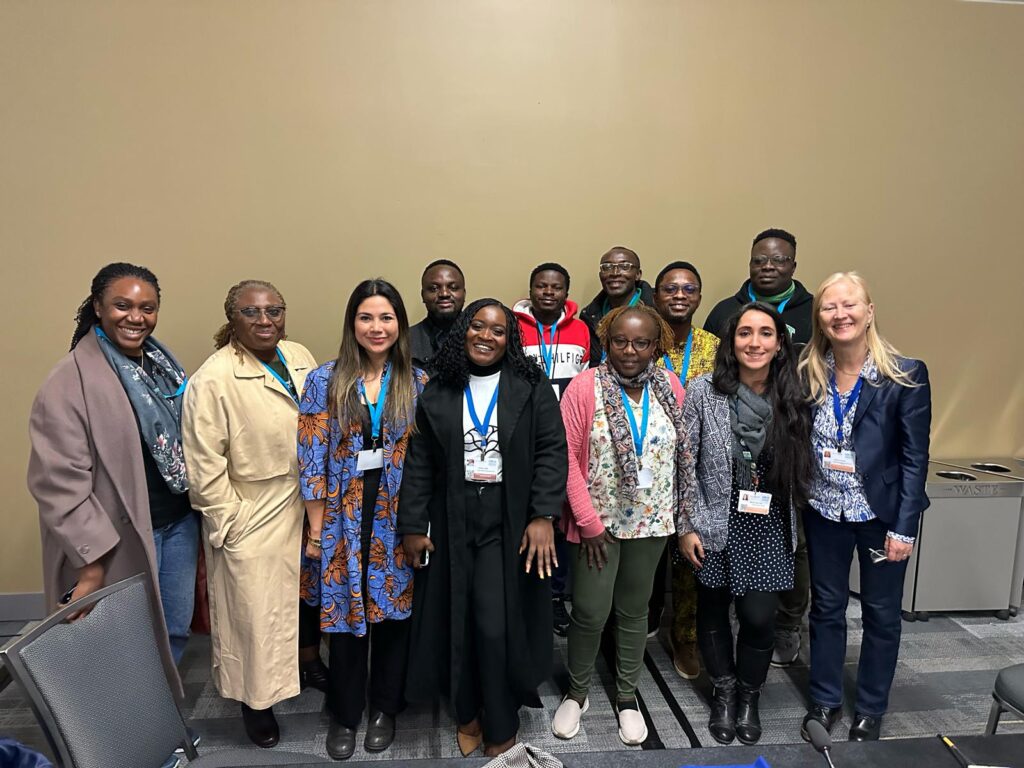
Additionally, WEP participated in the WMG’s color campaign, amplifying key messages that resonated with feminist demands for a comprehensive treaty. These messages underscored the need for human rights-based solutions, the elimination of harmful chemicals in plastics, and transparency in information dissemination regarding plastic pollution.
In advocating for gender-inclusive approaches, WEP emphasized the importance of addressing the unique vulnerabilities faced by women and marginalized communities in the context of plastic pollution. By fostering dialogue, raising awareness, and championing gender-responsive policies, WEP continues to contribute to global efforts aimed at mitigating plastic pollution and promoting environmental justice for all.
As negotiations progress towards the development of the ILBI, WEP remains committed to advancing gender equality and environmental sustainability on the international stage, ensuring that the voices of women and vulnerable groups are heard and prioritized in the fight against plastic pollution.
